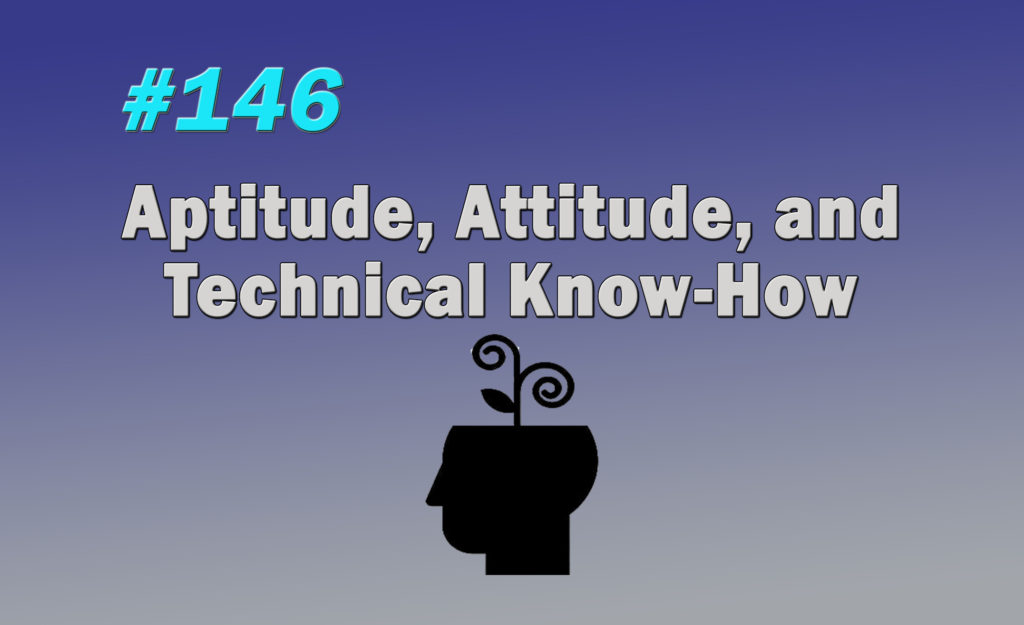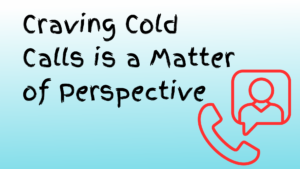
Blog
One of my motivations, when I started this podcast, was my need to get better, or to improve the way I look at and apply sales engineering. Not all of us were born perfect for this role, and we all have different skillsets where we’d rather improve on. But how do we know in which areas we need to improve? Our guest today gives us a glimpse of how he assesses his team of Sales Engineers. It’s an interesting system that I believe any SE or SE manager could benefit from.
Faraz Syed is currently the Senior Director in GTM/Sales of Professional Services at Genesys and has over 25+ years of experience specializing in GTM and strategic leadership with a background in software sales, technical sales, and customer success.
Faraz shares with us the three areas you need to continuously work on if you want to improve your work as a Sales Engineer.
Key Takeaways:
Tune in to our conversation and learn about:
- Faraz’s beginnings and love for technology and how he started a software company at 13 years old
- How he learned to solve business problems at a very young age
- How software development and his love for technology led him from a consulting role into sales engineering
- The subtle differences between the title solutions consultant, solutions architect, and Sales Engineer
- What made him want to enter into sales engineering coming from a consulting role
- How he learned about the sales engineering role
- The handoff between presales and customer success
- The 3 key areas all Sales Engineers should excel at in order to be great SEs
- How attitude drives aptitude in Sales Engineers
- The SE assessment model
- Does the assessment of the sales team play a role in the SE assessment model?
- The paradigm shift happening in sales companies now that everyone is switching to remote work
Quotes:
06:25 How he got into sales engineering: “When I fully became part of a sales organization, I knew that this is it, this is where I wanna be because it allows me to challenge myself with interpersonal skills, people skills, emotional intelligence, challenge myself with technology and all this learning and really problem-solving. Because at the end of the day as Sales Engineers were problem solvers. whatever lens you look at it, that’s really what we do, so that’s how I got into it.”
25:28 How you can improve your emotional intelligence and aptitude? “Recognizing where you are within your emotional intelligence, having that real self-discussion with yourself, being very real with yourself in terms of what your weaknesses are, where your strong points are, self-study, getting coaches, having mentors… continuously evaluating yourself and being real with yourself, and looking at opportunities and how you improve whether that’s by self-training, modeling yourself after someone, or more intellectual, educational courses.”
26:45 “Aptitude is hard to measure. technical know-how is very easy to measure. this is exactly why I put aptitude first, you can teach somebody, of course, but how willing are they to learn?”
33:25 “Technical product knowledge can be taught, if you are intellectually curious you can learn over a period of time, you can be thrown into the wolves and you’ll figure it out, so 40% aptitude, 40% attitude, and 20% product knowledge.”
40:52 The SE assessment model: “People are generally very hungry in our business in the software business, especially if you’re an SE, I’ve noticed, that you have a trait where you’re hungry to learn and to improve and to grow. and that element plays a critical role in your coaching.”
42:59 How he handles conflicts between the sales reps and the Sales Engineers: “Having that 2-way feedback from SE to sales rep, sales rep to SE, it’s really conducive to more healthy relationships.”
Not So Fire Round
- What do you love about sales engineering or being a Sales Engineer?
Coming from a technical background, I just like that geeky part of it, where you can get your hands dirty, but it also gives you the opportunity to interact with customers, to look at what are the common business problems that you’re seeing across the industry, being able to figure out the solution, driving the outcome to drive the ROI, and the third part is the hunt part of it, give me a challenge to go hunt.
- What would you change about the sales engineering role?
It’s becoming extremely technical and there are high expectations. What I would change is that that puts a lot of pressure on Sales Engineers, reduce those expectations a little bit and focus on the growth. If you can bring in the intangibles and you have some basic foundational technical knowledge, then if you fit in the culture of the company, I would hire that person.
- What tools, books or resources would you recommend to Sales Engineers?
The Challenger Sale: Taking Control of the Customer Conversation by Matthew Dixon and Brent Adamson
- What separates great Sales Engineers from not so good ones?
It’s the skillset to listen. What differentiates superstar SEs to average SE is the ability to listen, to ask the right questions, not talk too much. You’re not there to sell yourself, you’re there to solve a customer problem.
Connect with Faraz Syed on Linkedin
If you enjoyed this episode, please leave a rating or review and get a chance to win a copy of The Essential Guide to Navigate Your Proof of Concept written by one of our guests on the show, Tony Matos.




This Post Has One Comment
Pingback: 4/1/1 Listening: The Lost Art that Can Lead to Greatness | We The Sales Engineers